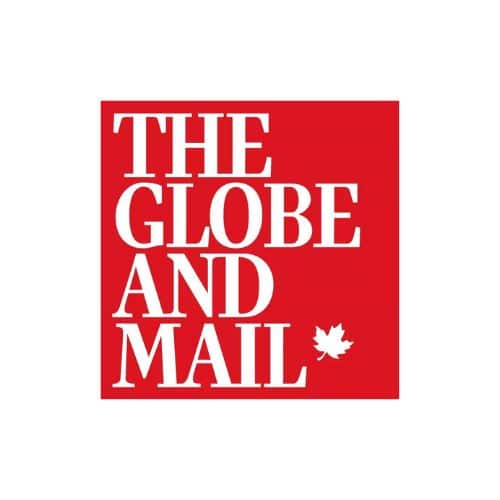How executors can determine the value – and tax implications – of collectibles in an estate
Executors must put a number on an estate’s value, but when dealing with collectibles, how do they distinguish the treasure from the trash? Kelly Juhasz, appraiser at Toronto-based Fine Art Appraisal and Services, advises executors to contact a qualified appraiser who can provide an estimate of the value of different items based on market evidence. “Executors need to understand what [the deceased] had, and then they can make better decisions about what to do with the objects,” Ms. Juhasz says.
Appraisal fees can range from $150 to $350 an hour, so the cost depends on the time it takes to conduct the evaluation, research and analyze the market, and write the report, she says. Fees aren’t tied to the value of the objects. Niche items, such as a classic vehicle, likely would need an appraiser specific to that field, Ms. Juhasz adds. Heela Donsky Walker, partner at Robins Appleby Barristers and Solicitors in Toronto, says in a best-case scenario, the deceased would have prepared their collectible inventory list in a death binder or another location that’s easy for the executor to find. But if the person died without a will, and other important documentation on collectibles can’t be found, it may be a matter of starting from scratch.
Ms. Donsky Walker advises putting aside items such as artwork, jewelry, stamp or comic collections, watches, sports memorabilia, trading cards and coins to be reviewed by a general appraiser.
Related Articles

How advisors can help newly blended families meet their financial goals
In the Globe and Mail article “How advisors can help newly blended families meet their financial goals,” BlueShore Financial advisors

Navigating Cross-Border Tax Challenges
In the CanadianSME article “Navigating Cross-Border Tax Challenges,” legal experts from Robins Appleby LLP provide insights into the complexities Canadian

How this advisor went from selling Kool-Aid as a kid to offering the tough advice clients need to hear
Ladan Shokrgozar is a Senior Portfolio Manager at Harbourfront Wealth Management in Vancouver, British Columbia. With over a decade of